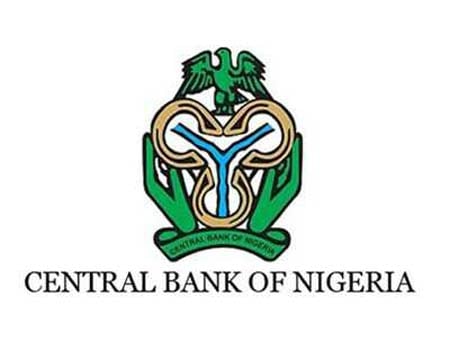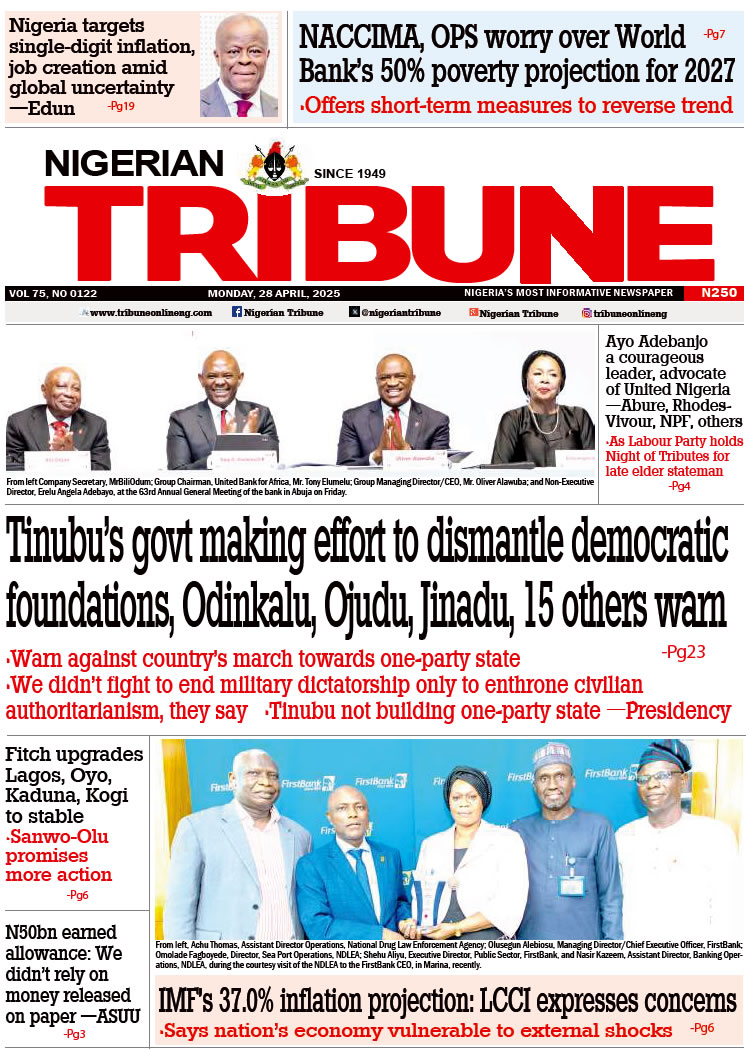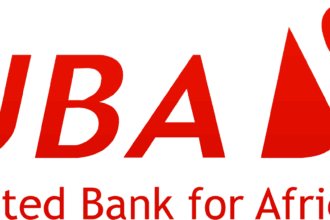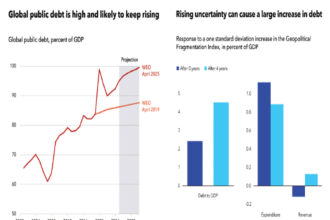
A finance and public sector analyst has called on the Central Bank of Nigeria (CBN) to consider reducing interest rate in order to re- focus the operations of commercial banks that has been gunning for government debt because of high returns instead of lending to the real sector of the economy.
The Lagos-based analyst, Kachi Okemiri said CBN’s monetary policy rate and its fixed income market practice affect the rate at which the federal government borrows money.
Accordibg to him, Government’s borrowing at high costs might not look harmful on the surface, but when considered on the basis of how much it has diverted commercial banking operations to gunning for government debt because of high returns, thereby taking away their activities from the real sector, it begins to become clearer.
This is evident in average growth of 37.6per cent in banks’ interest income as at half year 2017 (H1’17) largely buoyed by the high yield environment.
He said the CBN appears bent on monetary tightening as demonstrated by the decision to retain its key rates last week. The negative growth witnessed in the non-oil sector’s Gross Domestic Product (GDP) may have to sort itself out as it appears that no monetary policy intervention will be directed towards that end of the spectrum.
His words: “If the CBN increased rates to stave off inflation, it should tell us how well that has worked for it. How far can the common man’s income spread to cover his cost of living? The average Nigerian cannot be bothered about a meager percentage point deduction in inflation rate when the price at which he buy his necessities still scrape off his income just as much as it did when inflation was 18per cent,
“ If there is any hope in a self-correcting economy, why can rates not be reduced?”
He explained that the economy would boost production as a result of the reduction, hence meeting the new increased demand with increased supply. Even if the CBN wants to err, let it err on the side of a monetary policy that would increase productivity and not on the side that stifles it, the analyst opined.
The Central Bank of Nigeria increased the monetary policy rate in 2015 from 12 to 14 per cent because it concluded that the high inflationary rate in the country needed to be curbed and an increased interest rate was the tool they wielded to achieve that objective.
Okemiri noted thatb there is little evidence that any economy’s real sector has been kick-started off the back of increased interest rates in financial institutions.
“All that the hawkish stance, regarding interest rates, has done is provide avenues for profiteering among financial institutions. As Wale Smith opined in an enthralling piece published on Nairametrics:
“…while CBN hiked MPR to 14per cent, which implied that it would lend money to banks at 16 per cent given the 200bps spread charged on its standing lending facility to banks, it went about issuing OMO bills at effective yields of between 18 per cent to 22per cent . This scenario created an obvious arbitrage on the MPR, as a clever bank could, in theory, borrow from the CBN at 16per cent and wait to lend that money back to the CBN at its OMO auctions at 18 to 22per cent completely risk free,” he wrote in a piece.








